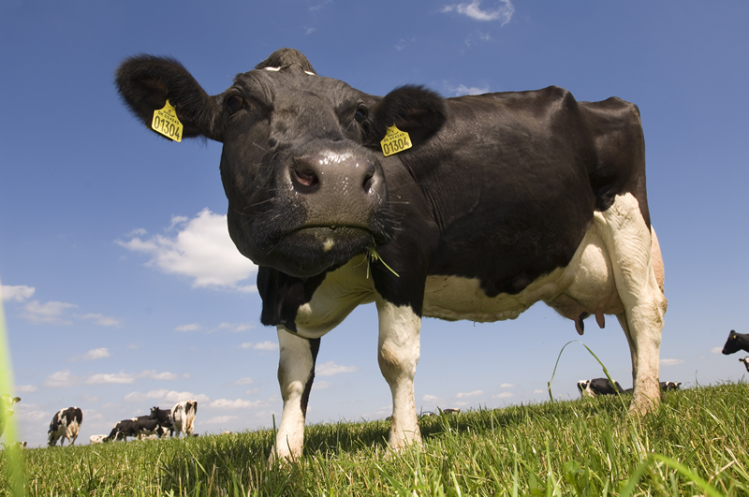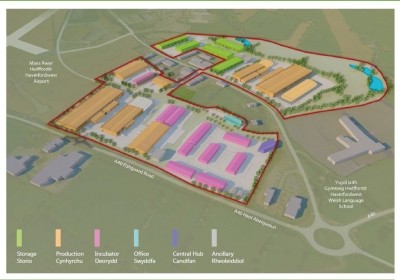Arla to cut 500 jobs in efficiency plan

The dairy firm has entered a period of consultation with its staff about the job cuts and is expected to confirm the changes by mid-March.
Hourly-salary roles in production and transport will not be affected by this particular change, it said.
Arla has also announced a number of changes to its leadership team as part of its plans.
The move would allow its UK business to become more agile and responsive to the dynamic nature of the market, Arla Foods UK’s executive vice president Peter Giørtz-Carlsen claimed.
Capture benefits
“We now need to take the next step which will be to structure our business to capture the full benefits of our global scale,” he said.
“At the same time, we will become even more commercially-focused locally and deliver value to fuel our 2020 ambitions for our farmer owners and customers.
“It’s unfortunate that a number of roles will be impacted and we will work closely with our colleagues over the coming months to minimise the effect that these changes will have on our people.”
Arla has strengthened its UK business significantly in 2015 with the growth of its own label and branded volumes in all dairy categories, launched the Arla brand and driven cost efficiencies, Giørtz-Carlsen added.
Management changes
The changes will see the formation of a new global executive management team as well as the creation of a more efficient and globally-focused structure, which will allow Arla to strengthen its commercial and consumer focus.
Arla’s new executive management team
- Peder Tuborgh, ceo and head of milk, members & trading
- Povl Krogsgaard, vice-ceo and head of global supply chain
- Natalie Knight, chief financial officer
- Ola Arvidsson, human resources and corporate affairs
- Hanne Søndergaard, marketing and innovation
- Peter Giørtz-Carlsen, Europe
- Tim Ørting Jørgensen, international
Giørtz-Carlsen will take on a new role as head of Europe and Tomas Pietrangeli, who currently heads up the Danish market, will succeed him in the UK from March 1 2016.
Arla announced its Strategy 2020 in December 2015, setting out its aim to grow the business in eight global dairy categories and six market regions, as one effective and unified company in the changing global dairy market.
The ambition is to increase the organic revenue growth rate from 2% delivered over recent years to at least 4% by 2020.
The new structure will help create a simpler, more agile organisation, driving efficiencies through faster decision-making and execution in more globalised supporting functions such as supply chain, finance and human resources develop more collaborative ways of working to reduce duplication across countries, it claimed.















